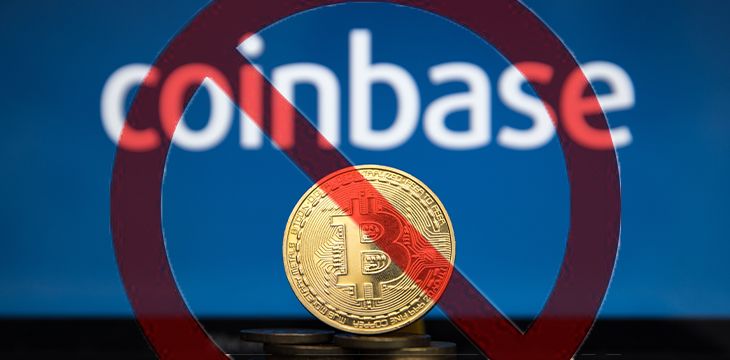|
Getting your Trinity Audio player ready...
|
The Venezuelan government has continued its internet censorship, with U.S.-based digital currency exchange Coinbase (NASDAQ: COIN) being the latest casualty. MercaDolar, a fiat remittance platform, was also blocked, according to reports.
Venezuela is notorious for internet censorship, with the government working with local ISP providers to block access to websites that it doesn’t approve of. Digital currency exchanges have been some of the biggest targets, with President Nicolas Maduro seeking to use the censorship to drive adoption of the Petro digital currency.
Coinbase is the latest casualty, a local digital rights advocacy has revealed. Venezuela Inteligente, an organization that assists Venezuelans to evade internet censorship, also revealed that remittance platform MercaDolar had also been banned.
🛑 #Venezuela blocks access to @coinbase and currency exchange platform @mercadolarinc.
This internet block is applied by most mainstream ISPs in VE using #DNS_block. Exact motivations for this block are still unclear. #internetVE #keepItOn pic.twitter.com/cJLR63Lmv5
— VE sin Filtro (@vesinfiltro) September 9, 2020
The ban is nothing new, Venezuela Inteligente director Andres Azpurua noted.
“Venezuela has a history of blocking exchange platforms, especially those used to exchange local currency for foreign currency.”
However, the ban on Coinbase is puzzling since there are several other digital currency exchanges available to Venezuelans.
Additionally, Coinbase doesn’t serve Venezuelan users according to its website. The exchange supports eight South American countries, including Brazil, Argentina and Colombia, but not Venezuela.
Just recently, President Maduro’s government blocked access to Airtm, a digital currency trading platform that also allows Venezuelans to access the in-demand U.S. dollar. The ban had far-reaching effects, one of which was the halting of bonus payments for 60,000 healthcare workers. The workers were set to benefit from $18 million that had been seized from the government by the opposition leader Juan Guaidó, paid through Airtm.
Guaidó and Airtm founder condemned the ban which they claim will deny the healthcare workers a lifeline at a time when they are struggling to contain the COVID-19 pandemic.
President Maduro has continued to push the adoption of the Petro digital currency in the South American country that’s suffering from hyperinflation. He has in the past forced gas stations to accept Petro payments, while also forcing pensioners and retirees to accept Petro bonuses.

 02-27-2026
02-27-2026 




